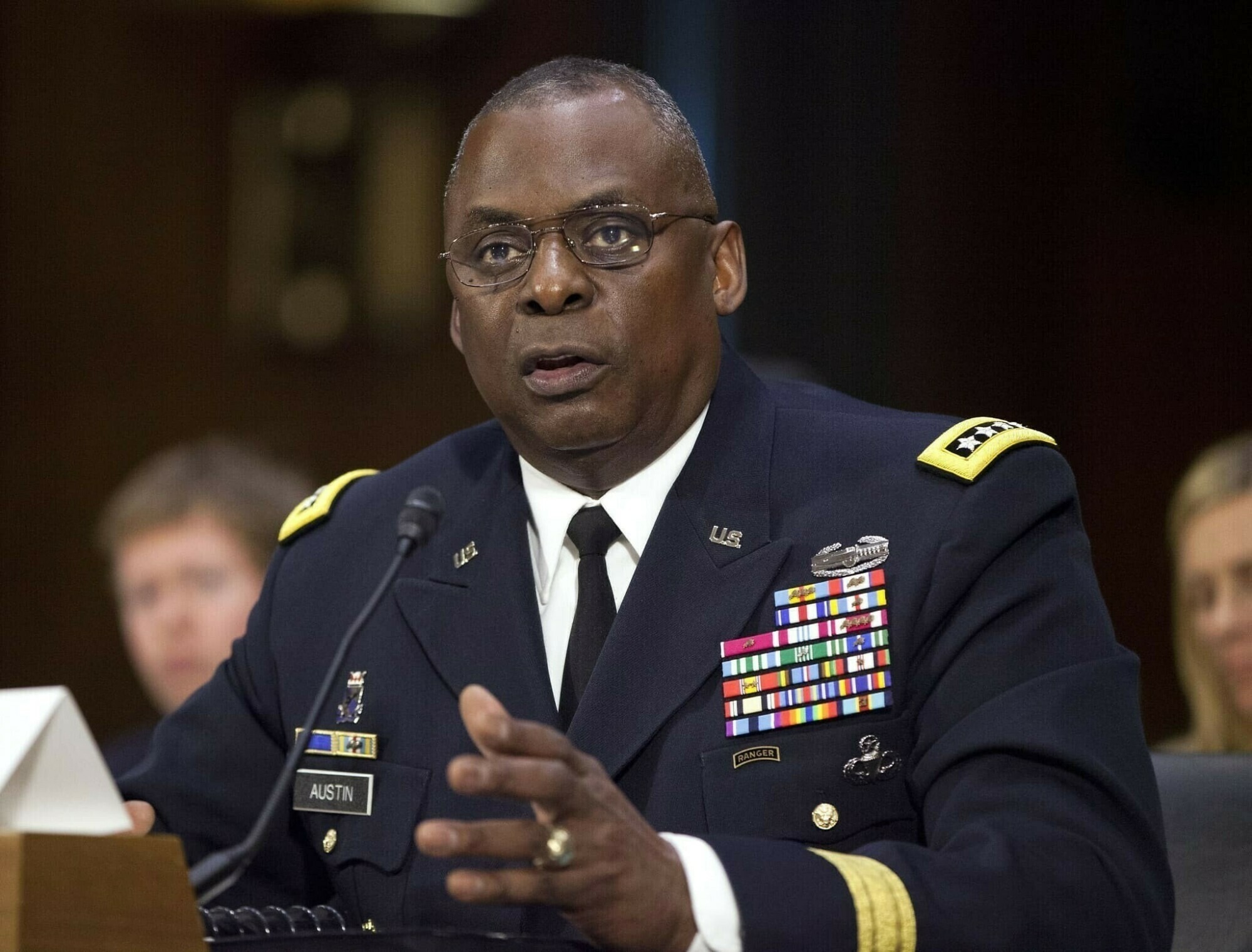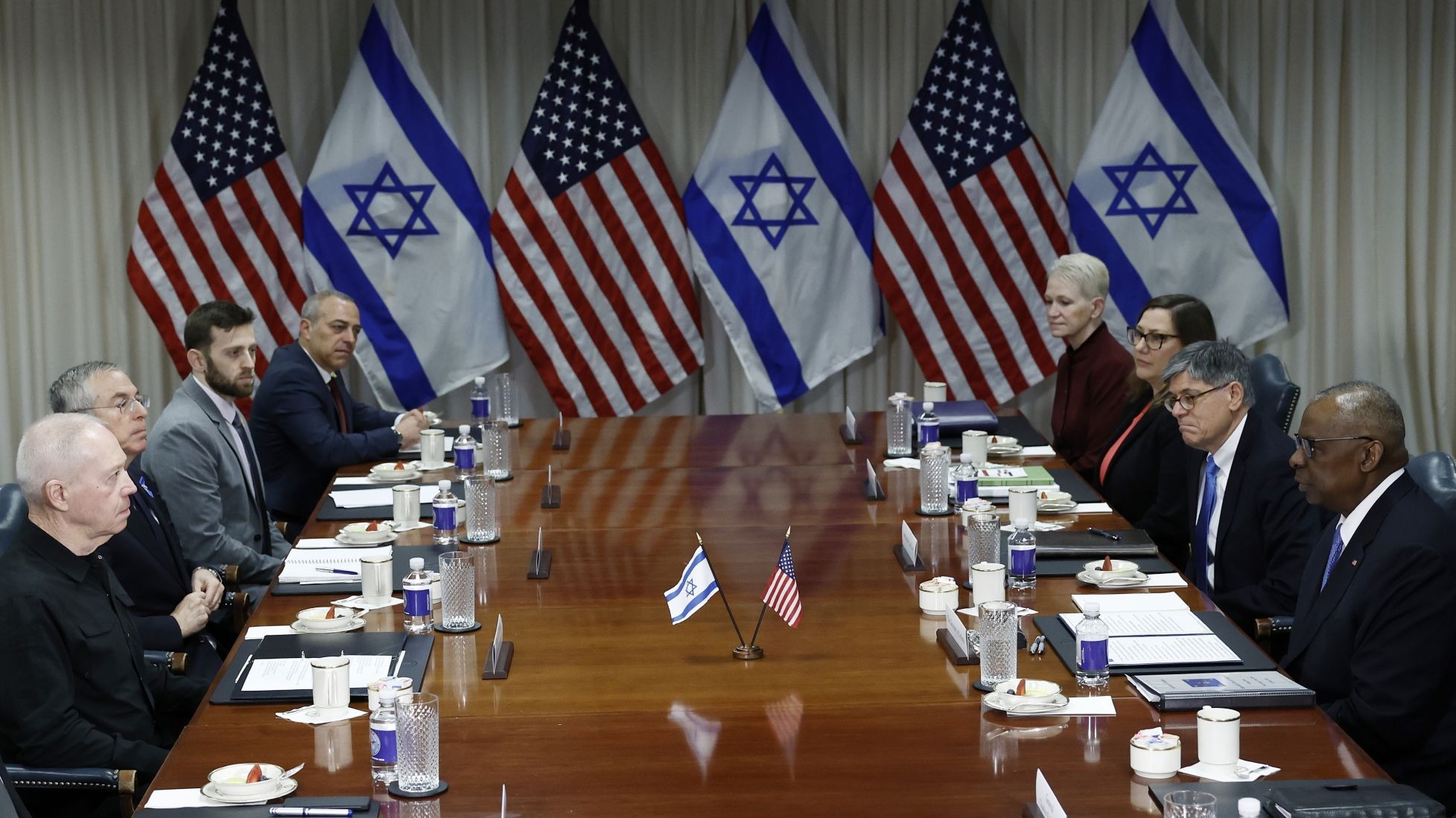In a meaningful conversation, US Defense Secretary Lloyd Austin expressed his strong dissatisfaction with Israeli Defense Minister Yoav Gallant regarding the tragic incident that led to the deaths of seven World Central Kitchen workers in Gaza, including an American citizen.
This stern communication followed what has been described as “repeated coordination failures,” highlighting a critical need for Israel to implement measures ensuring the safety of aid workers and Palestinian civilians amid the ongoing conflict.
The call was mainly focused on the recent Israeli attack, which has sparked widespread outrage and drawn attention to the challenges faced by humanitarian efforts in the region.

Lloyd Austin (Credits: Business Recorder)
Secretary Austin’s call for Israel to carry out an immediate, transparent investigation into the incident, openly share findings, and hold accountable those responsible underlines the urgency and seriousness with which the US views the protection of humanitarian operations and civilian lives in conflict zones.
The repatriation of the bodies of the six foreign aid workers from Gaza to Egypt, as reported by Egypt’s Qahera TV, marks a sad moment in the conflict.
These individuals, hailing from the UK, Poland, Australia, and Canada, alongside a Canadian-American dual citizen, dedicated themselves to alleviating the humanitarian crisis in Gaza through World Central Kitchen, led by celebrity chef José Andrés.

US Defence Secretary (Credits: Jewish News Syndicate)
Their tragic deaths, along with their Palestinian driver during an Israeli airstrike, have not only prompted a wave of international condemnation but have also led to a temporary halt in food deliveries by World Central Kitchen and other charities, citing severe security risks.
This incident serves as a distressing reminder of the dangers aid workers face. It underscores the importance of strict adherence to protocols designed to protect civilians and humanitarian missions in conflict areas.
Secretary Austin’s dialogue with Minister Gallant is a pivotal moment in the ongoing efforts to address the complexities and human cost of the conflict. It emphasizes the need for accountability, transparency, and a renewed commitment to safeguarding those who provide crucial support to vulnerable populations in times of war.























